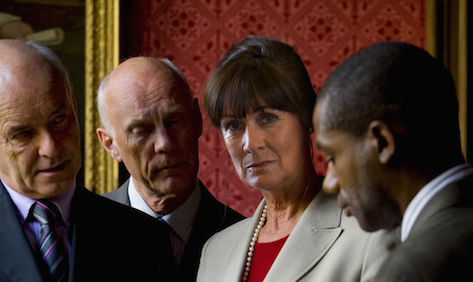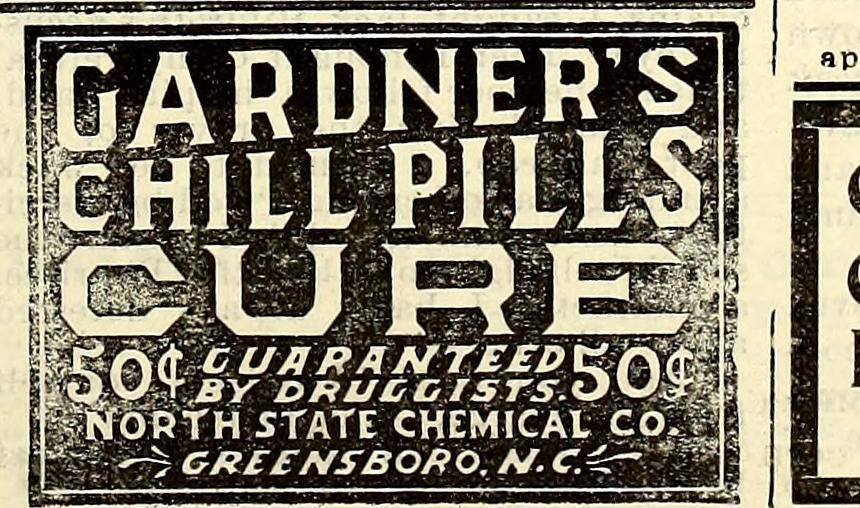
by Lynn Lipinski | Jul 24, 2015 | Flash Fiction Friday
Robin slid limply down the side of the turbine until she could feel the cold tile floor through the seat of her pants. His fall played on repeat in her head. He was just a man, blood and flesh and bones like all of us, the power he held completely vanished —...

by Lynn Lipinski | Mar 13, 2015 | Flash Fiction Friday
Neil crunched through the chords of AC/DC’s “Thunderstruck” on the corner of Hill Street and Main in Santa Monica, the mini-amplifier stealing power from the corporate coffee seller without gaining the attention of its many baristas. If the caffeine junkies sitting...

by Lynn Lipinski | Feb 6, 2015 | Flash Fiction Friday
Bradlee felt thick with lack of sleep. Her body was moving at the speed of sludge and her mind couldn’t keep up even with that. Her keys should have been on the counter by the door, but they weren’t. Merry babbled in her baby carrier, her hands bouncing in...

by Lynn Lipinski | Jan 2, 2015 | Flash Fiction Friday
My phone blared a low-pitched tone that woke me up faster than reveille ever did when I was in the Army. The clock said three eleven a.m. I rubbed the sleep crust out of my eyes and made myself focus on my surroundings. Light from the full moon slipped through the...

by Lynn Lipinski | Sep 12, 2014 | Flash Fiction Friday, Writing
Doc Wimple loved to diagnose the curious fair goers who came to his traveling medicine show, and this show in Jamestown was no different, despite the heat and threat of rain. After quickly sizing up a teenage girl with eczema and a baby with colic, he focused on the...






